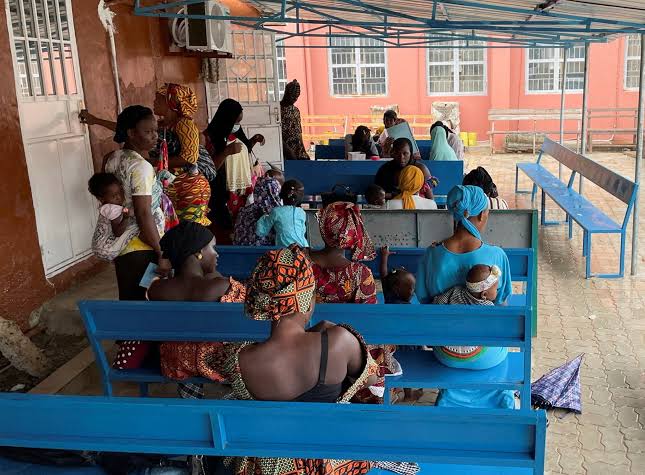Measles cases globally increased 20 per cent to over 10.3 million cases in 2023, compared to nine million cases recorded in 2022.
The data was released in a joint publication by the World Health Organisation (WHO) and the United States Centres for Disease Control and Prevention (CDC) yesterday.
The publication is the “2024 WHO-CDC Measles Report and the State of Measles Vaccination in Lower-income Countries.” The report showed deaths from measles dropped to 107,500 from 116,800, an eight per cent decline compared to 2022 figures.
According to the report, 57 countries experienced outbreaks in 2023, revealing gaps in vaccine coverage. “African countries have, however, exhibited resilience and increased vaccine coverage by two percentage points to 70 per cent amid a rising birth cohort and competing public health priorities,” the report said.
Measles is a highly contagious, serious airborne disease caused by a virus that can lead to severe complications and death. It can affect anyone, but is most common in children. It requires at least 95 per cent vaccine coverage with two doses of measles or rubella vaccine to prevent outbreaks.
“The continuing trend of measles outbreaks in low-income countries as well as high-and middle-income countries is a stark reminder of the ongoing need to address gaps in coverage everywhere,” it said.
In response, Gavi, the Vaccine Alliance, in partnership with lower-income countries, has focused on strengthening routine immunisation through the introduction of a second dose of measles-containing vaccine.
It also implements timely, quality preventive campaigns to further reduce the risk of outbreaks. It said timely, high-coverage campaigns reaching un- and under-immunised children are key to closing growing immunity gaps, particularly in countries with routine immunisation challenges and in fragile and conflict settings.
Gavi also funds measles outbreak response in lower-income countries through the Measles and Rubella Partnership’s Outbreak Response Fund.















